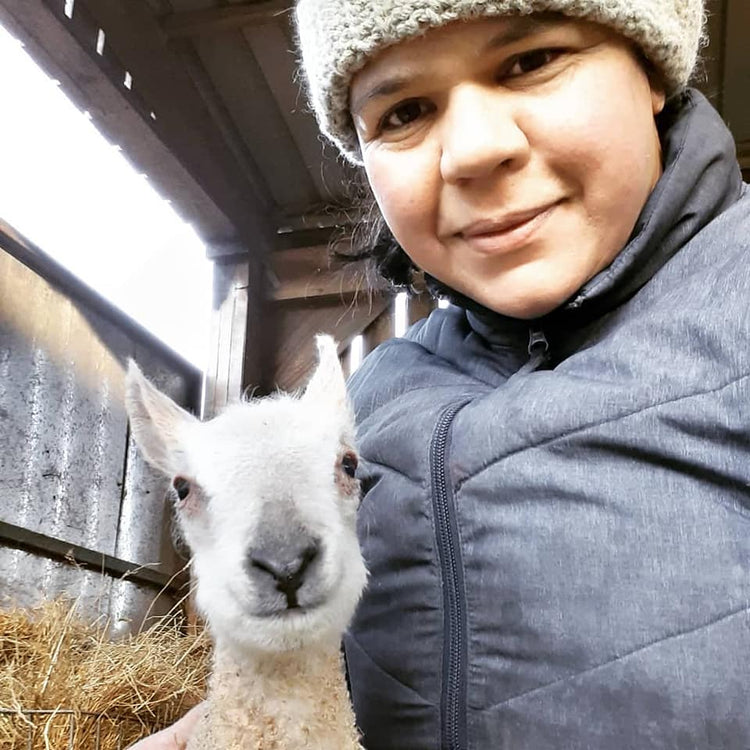In the Beginning....

It's been quite a learning curve
When I joined John on his family farm in the dark months of late 2015, I had no idea what I'd let myself in for. I put my previous life in the spidery attic and reinvented myself as the dutiful farm wife. I cooked and cleaned and tidied and helped on the farm when I was called. I went everywhere with John asking a million questions about farming. It was great to throw myself into a completely new way of living but I knew it wasn't enough.
Farm Diversification
Farming is hard work but some farming is harder than others and some farming makes money and some farming doesn't. For more than twenty years, John had worked full-time for the National Trust as well as run the farm. He had a family to feed and look after, and the profit from the farm wasn't enough to sustain a growing family. Many upland farmers find themselves in the same position where at least one person on the farm works off-site to bring in a regular income. Since giving up his National Trust job due to illness, and getting together with me, John was loving being on the farm full-time. However, I had a freelance job and worked away for weeks at a time. I didn't want that anymore so started looking at ways to diversify on the farm to increase our income.
Becoming an accommodation provider is a no-brainer in a tourist hot-spot like the Lake District. My dad had B&B's in Edinburgh when I was growing up, so I knew a bit about hosting visitors. We now run off-grid holiday accommodation including a cottage, barn and campsite. Selling some of our meat direct also increased our profit margin. Once I had got these going, I then, tentatively, dipped my toe into the world of wool. I've never been a knitter so I went to one of the biggest wool events in the UK, Woolfest. It was an eye-opener. Thousands of wool connoisseurs looking for breed-specific yarn with provenance. These are the underground supporters of British Farming I thought. At home, they'd be knitting cable designs on jumpers in Hebridean chunky yarn, making intricate shawls from Teeswater lace weight yarn or knitting a squirrel from a kit using Manx Loaghtan, North Ronaldsay and Black Welsh Mountain wool. As farmers, we should be applauding these British wool lovers.
Inspired, I decided to give wool production a try and sent the minimum quantity of 20kg of raw fleece required by the spinning mill I had chosen, to make me some knitting yarn. That was in 2016, and five years later, I sent 2 tons of fleece for processing. This was for our first batches of Lake District Tweed. It's been a steep learning curve and I still have so much to learn. Scaling up from 20kg to 2000kg of raw fleece was only possible through funding from FIPL and I will forever be grateful for this support, which also funded this website!
2021 Lake District Tweed. All Rights Reserved.
- Choosing a selection results in a full page refresh.

